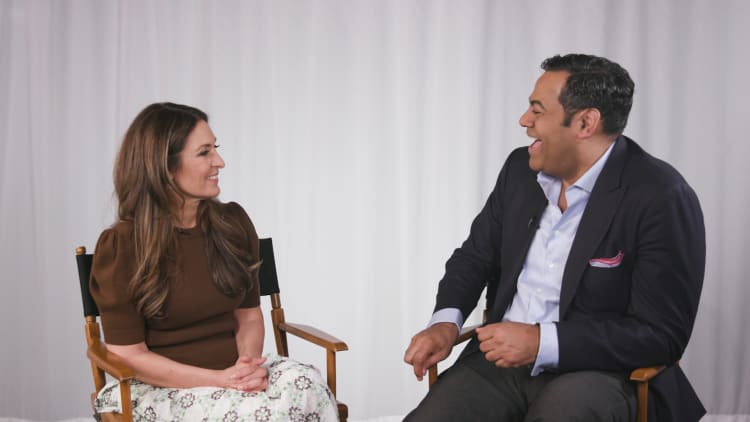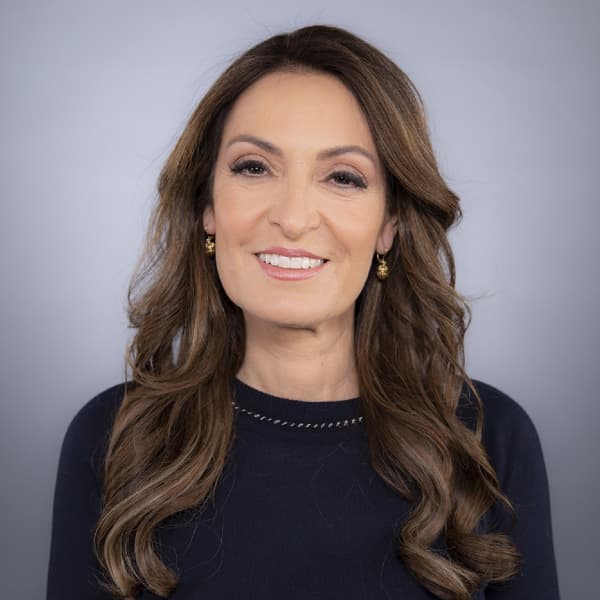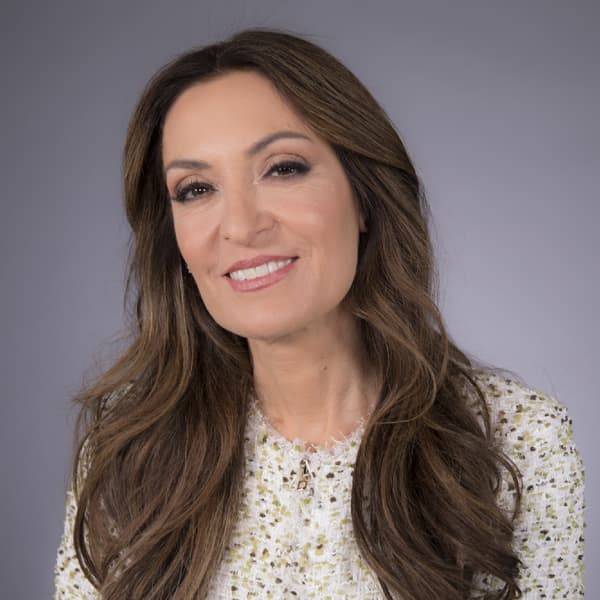Goldman Sachs is a dream employer for anyone eyeing a career in finance.
The company is No. 21 on LinkedIn's 2019 Top Companies list and recently caught headlines for relaxing its famously strict dress code.
CNBC contributor and bestselling author Suzy Welch spoke to Dane Holmes, Goldman Sachs' head of human capital management, and identified six things job seekers can do to boost their chances of landing a job at the financial services company:
1. You can still apply if you didn't major in finance
Holmes tells Welch that while it may come as a surprise, finance is not considered the "perfect major" for landing a job at the company.
"Finance, or accounting, or econ or computer science are core majors." But, he says, many of the company's top executives actually majored in English.
2. Demonstrate your grit
Holmes explains that when applying for a job at Goldman Sachs there are three ways to show grit on your resume that will make you stand out.
First, he says, Goldman Sachs is interested in hiring people who aren't afraid to pursue their passions. For example, he says, an eye-catching resume might feature a "strange double-major, like biology and economics." This shows, he says, "that I'm passionate about these things, and while everyone will suggest that I shouldn't do it because of what it will do to my GPA, I'm doing it anyway."
Second, he says, Goldman Sachs is impressed by any applicant who had a job while in school, because it shows that they know how to balance priorities.
Last, he says, the company appreciates candidates who did community service while in college.
Holmes says Goldman Sachs is on the hunt for candidates who've said to themselves, "I'm so passionate about these things. I want to do them. I don't want what's necessarily easy. It's OK that it's hard, and I'm going to figure it out."

3. Talk about failure
Talking about failure in an interview is never comfortable, but Holmes says "failure is a big part of getting to understand how someone operates and what motivates them."
He encourages candidates to openly talk about their past mistakes and how they learned from them. When an applicant does this, he says they tend to have a better overall interview, because "there is some honesty and some transparency versus stock answers."
4. Don't be afraid to show emotion
Welch and Holmes agree that there's nothing wrong with showing emotion in front of a hiring manager. It often helpful, Holmes says, for hiring managers to see a candidate who's "touched personally because they overcame something that hurt."
Holmes says the whole point of an interview is for you to show that you can be an honest and authentic person.
"When we are going to put you in a very demanding, high-expectation job, it's better the more we understand what motivats you and what drives you," he says.

5. Mention your quirky hobbies
Holmes says it's important to emphasize the hobbies and traits that make you unique.
He encourages candidates to talk about "anything that ends up being different" about you from what hiring mangers might expect — it will show that you live a "rich life."
"We generally like interesting people," he says. "One of the things we always say to people is 'be interesting.'"
6. Don't be afraid to ask about work-life balance
Holmes says it's completely appropriate to ask about work-life balance in an interview at Goldman Sachs. "If somebody asks me, 'Tell me about work-life balance,' I would view that as a very thoughtful question to ask," he says.
He says that technology has made it hard to determine when work begins and ends and, as an employer, it's the company's responsibility "to serve that whole person."
"We understand there is not just a 'work person' and a 'life person,'" he says. "There is a person, and we have to address it all."
Video by Beatriz Bajuelos Castillo and Nate Skid
Like this story? Subscribe to CNBC Make It on YouTube!
Don't miss: Suzy Welch: These are the 2 fastest ways to get promoted







